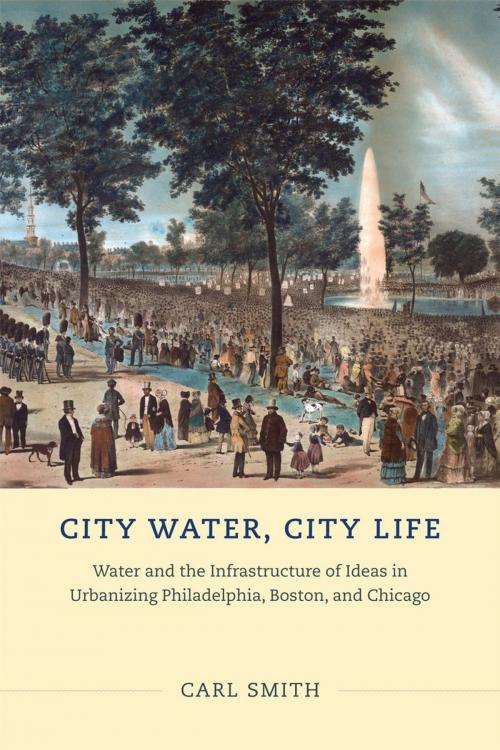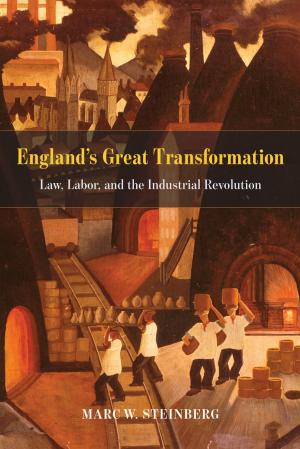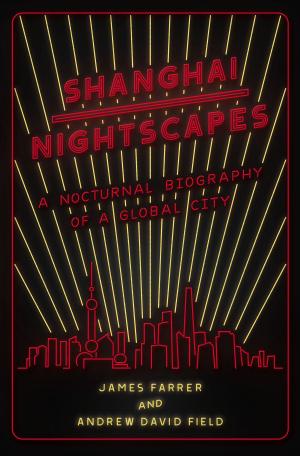City Water, City Life
Water and the Infrastructure of Ideas in Urbanizing Philadelphia, Boston, and Chicago
Fiction & Literature, Literary Theory & Criticism, American, Nonfiction, History, Americas, United States, 19th Century| Author: | Carl Smith | ISBN: | 9780226022659 |
| Publisher: | University of Chicago Press | Publication: | April 17, 2013 |
| Imprint: | University of Chicago Press | Language: | English |
| Author: | Carl Smith |
| ISBN: | 9780226022659 |
| Publisher: | University of Chicago Press |
| Publication: | April 17, 2013 |
| Imprint: | University of Chicago Press |
| Language: | English |
A city is more than a massing of citizens, a layout of buildings and streets, or an arrangement of political, economic, and social institutions. It is also an infrastructure of ideas that are a support for the beliefs, values, and aspirations of the people who created the city. In City Water, City Life, celebrated historian Carl Smith explores this concept through an insightful examination of the development of the first successful waterworks systems in Philadelphia, Boston, and Chicago between the 1790s and the 1860s. By examining the place of water in the nineteenth-century consciousness, Smith illuminates how city dwellers perceived themselves during the great age of American urbanization. But City Water, City Life is more than a history of urbanization. It is also a refreshing meditation on water as a necessity, as a resource for commerce and industry, and as an essential—and central—part of how we define our civilization.
A city is more than a massing of citizens, a layout of buildings and streets, or an arrangement of political, economic, and social institutions. It is also an infrastructure of ideas that are a support for the beliefs, values, and aspirations of the people who created the city. In City Water, City Life, celebrated historian Carl Smith explores this concept through an insightful examination of the development of the first successful waterworks systems in Philadelphia, Boston, and Chicago between the 1790s and the 1860s. By examining the place of water in the nineteenth-century consciousness, Smith illuminates how city dwellers perceived themselves during the great age of American urbanization. But City Water, City Life is more than a history of urbanization. It is also a refreshing meditation on water as a necessity, as a resource for commerce and industry, and as an essential—and central—part of how we define our civilization.















